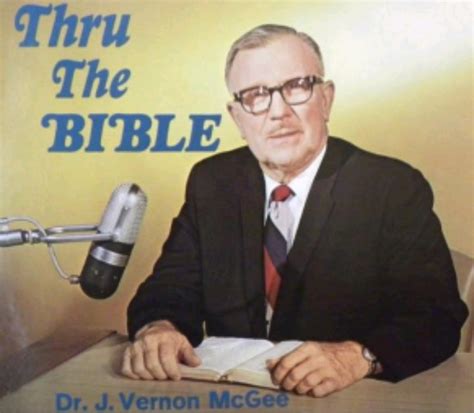A Quote by Timothy Keller
I wouldn't venture to say which kind of sin is more prevalent. I wouldn't even want to try to characterize certain 'circles.'
Related Quotes
You want a poem to unsettle something. There's a deep and interesting kind of troubling that poems do, which is to say, 'This is what you think you're certain of, and I'm going to show you how that's not enough. There's something more that might be even more rewarding if you're willing to let go of what you already know.'
Today, when people say they cannot believe, it is not a mental problem; it is a matter of the will of the heart- they do not want to believe. Some say they have certain 'mental reservations,' mental hurdles which they cannot get over. My friend, your mind is not big enough to take even one little hurdle. The problem is never in the mind but in the will. There is sin in the life, and a man does not want to turn to God; he does not want to believe Him.
These days I just can't seem to say what I mean [...]. I just can't. Every time I try to say something, it misses the point. Either that or I end up saying the opposite of what I mean. The more I try to get it right the more mixed up it gets. Sometimes I can't even remember what I was trying to say in the first place. It's like my body's split in two and one of me is chasing the other me around a big pillar. We're running circles around it. The other me has the right words, but I can never catch her.
Liberals in the US don't have great passions about Margaret Thatcher. Conservatives do. For all the worship that Ronald Reagan elicits in conservative circles in the US, I would venture that Thatcher did far more to reshape British society than Reagan did here. When I moved to Britain, the utilities were state-run. By the time I left, most of that was privatized. Thatcher had broken the miners' union, all but crushed the Labour Party, cut back the welfare state, even flirted with a poll tax. In the circles I ran in, Reagan was mocked as a childish dolt. Thatcher was despised.
To say that a man is sinful because he sins is to give an operational definition of sin. To say that he sins because he is sinful is to trace his behavior to a supposed inner trait. But whether or not a person engages in the kind of behavior called sinful depends upon circumstances which are not mentioned in either question. The sin assigned as an inner possession (the sin a person "knows") is to be found in a history of reinforcement.
We're trying to learn from [Olympic] Beijing, which could be very intimidating. We've learned to expect it's power, it majesty and that it completes a cycle of certain types of shows... I don't think any nation could do anything on that scale. We haven't got that money, and I don't think anybody would have the appetite for that kind of expenditure and that kind of control, so we're going to try and do something a bit more intimate and try and start again... start a new cycle for these kind of ceremonies.
A TV show has to be a certain length and, you know, you have expectations from the viewers. You know, you want to see the characters again, or you want to see certain dynamics between the characters or certain kinds of storylines. And you kind of figure out how to best fit what you want to say into that format.
Even a good marriage leaves people with longings for certain things their marriage will never be. So, do they accept that, make compromises, and say, "You can't have everything in life," which is what we always did? Or do they say, "I deserve more. I want to experience that thing and, you know, I have fifty more years to live than I used to." It's not necessarily that we have more desires today, but we do feel more entitled to pursue them. We live in this "right to happiness" culture, and yes, we do live half a century longer than we used to.


































